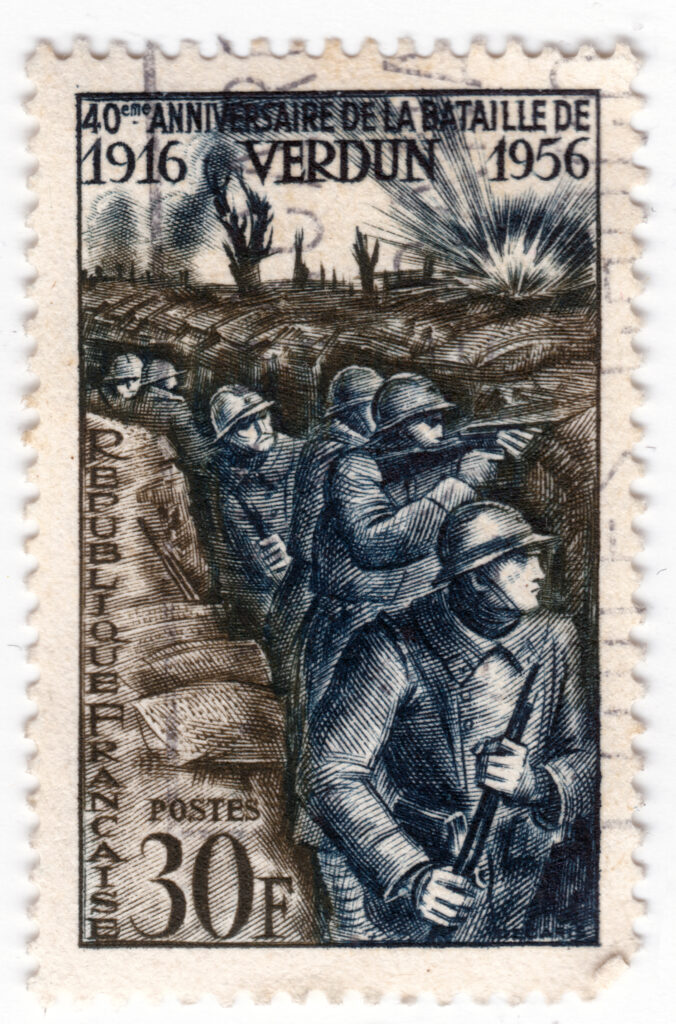
Source: Adobe Stock
The more you know about the past, the better prepared you are for the future.
Theodore Roosevelt
In her classic history of the causes of World War I “The Guns of August”, the great historian Barbara Tuchman chronicled how rigid alliances and overweening national pride sparked one of the deadliest European wars. The Biden Administration’s approach to the Ukraine crisis risks making the same mistakes. If a Russian invasion occurs, it will happen partially because of Biden’s confusing rhetoric which fails to heed the lessons of history.
The similarities to the drivers of World War I are eerie. Like today, that conflict began in an Eastern European state that was not formally aligned with any of the major European powers. In the case of World War I, the conflict was sparked by the assassination of a prince of the Austro-Hungarian empire by a Serbian nationalist in Serbia. Austria-Hungary openly talked about annexing Serbia into its empire. When Austria mobilized to invade Serbia in retaliation, Russia backed the Serbs out of pan-Slavic loyalty. This drew Austria’s ally Germany into the conflict and Russia’s ally France in response. Britain tried to distance itself, but joined the war when Germany invaded Belgium, also a nonaligned nation. In the end, two great European alliances sleepwalked into a bloody conflict not because of any direct threat to their national security, but due to ethnic and national pride and outdated alliances.
Today, the Biden Administration is hyping a threat to a country unaligned with us and thus risking a wider conflict. Their stated reasons appeal to the worst instincts of unipolar liberal hegemonism. Indeed, by constantly talking about the imminence of an invasion, we are goading the Russians to do it by poking at the inferiority complex they have had for centuries.
A foreign policy realist would see Ukraine as an opportunity, not a crisis. We start with the basic premise that we make our foreign policy, not Putin or any other nation. Our short-term goal should be to declare that while the US supports Ukrainian sovereignty, it is not in our national interest to defend it and so Ukraine is not a candidate for NATO membership. The President’s disclaimer of intent to station missiles in Ukraine was helpful, but then contradicted by rhetoric threatening to impose “long-term consequences that will undermine Russia’s ability to compete economically and strategically”. See the President’s statement of February 15, 2022 here. Instead, any talk of economic and other sanctions should be measured and leave room for tougher action in future conflicts. Otherwise, we risk the mistake of driving Russia to consider a wider conflict against the Baltic states and other NATO members.
Moreover, we should not be dictating Ukraine’s foreign policy any more than Russia should. This means we should not be negotiating with Russia about Ukraine’s future if simply because it implies acceptance of a permanent Russian sphere of influence in Eastern Europe In a G0 world of increasing equality of power, it should be our long-term policy to oppose this kind of domination. Biden betrays his stated commitment to “the right of countless countries to choose their own destiny, and the right of people to determine their own futures”, when he negotiates with Russia about Ukraine’s future and threatens Germany with a promise to stop the Nord Stream pipeline. A better response would be to use this opportunity to discuss a restructuring of NATO to tailor it to current and future European geopolitical realities; in particular, Europe’s economic strength and thus capability to defend itself from Russian aggression.
Theodore Roosevelt was not afraid of war, but also was an avid historian. He was also proud that no American soldier had bee killed during his time in office. He would have appreciated the lessons of the guns of August and the importance of tailoring our foreign policy to the particularities of the times (see this previous post). The United States needs to cool the rhetoric about Ukraine and save our economic and military gunpowder for more serious threats to our national security in our own hemisphere and elsewhere.

One thought on “Slouching Towards War”